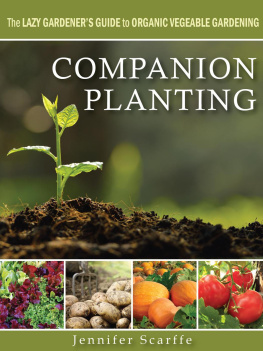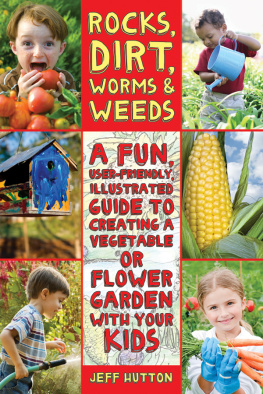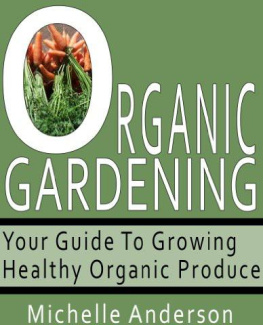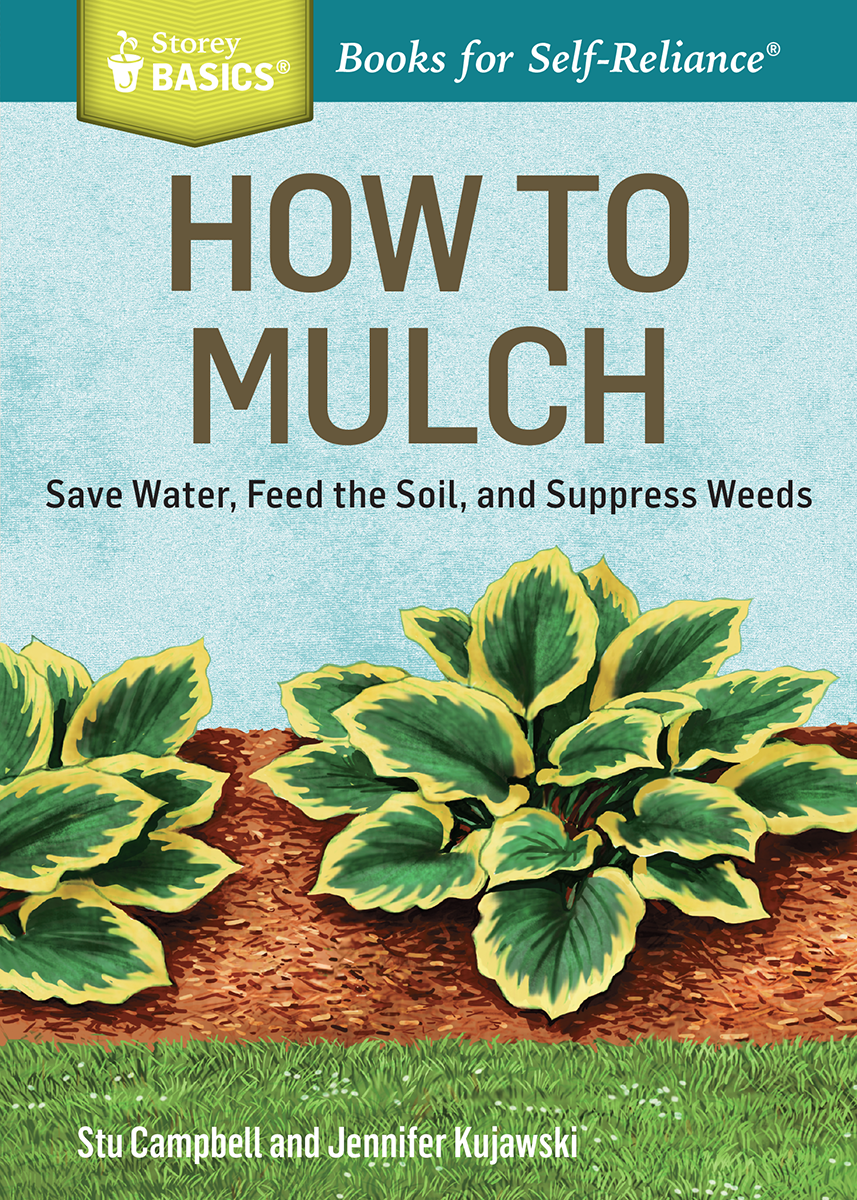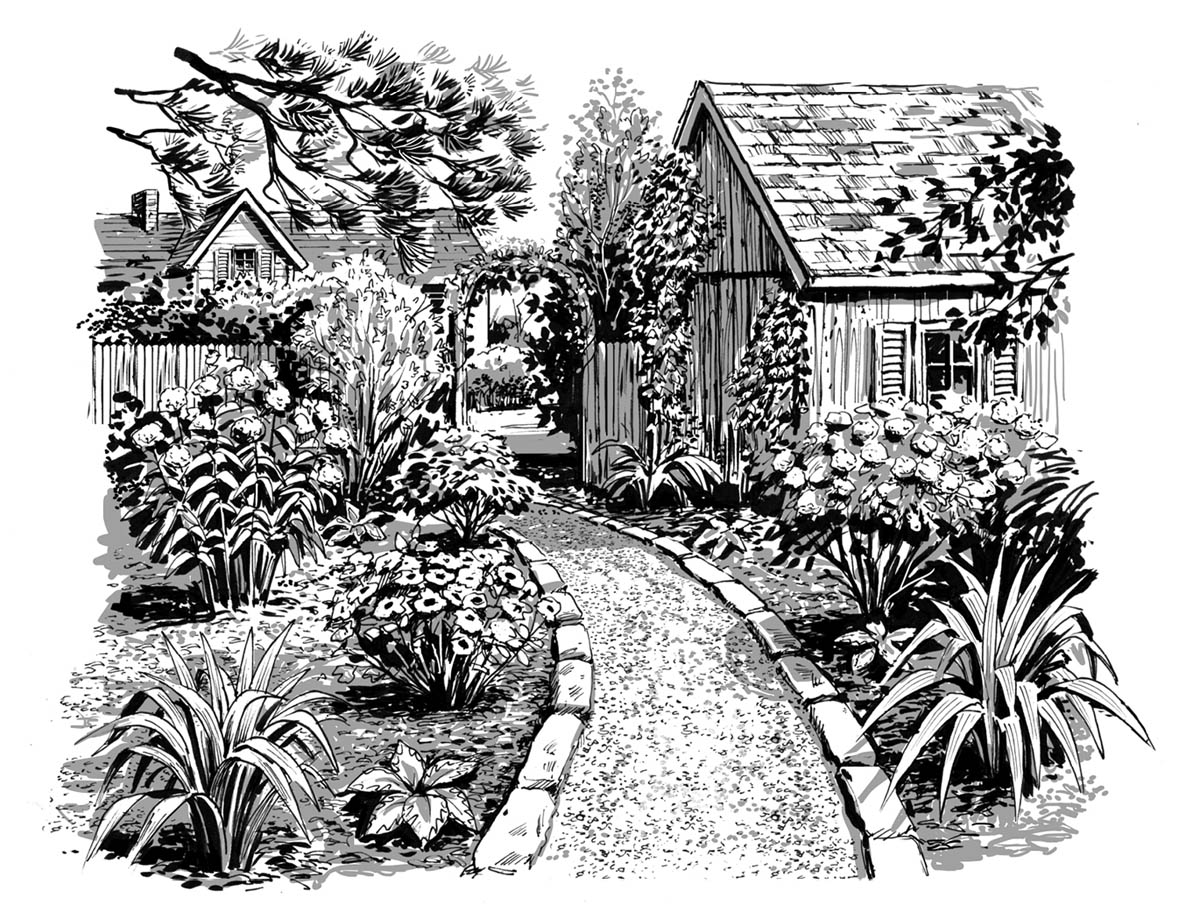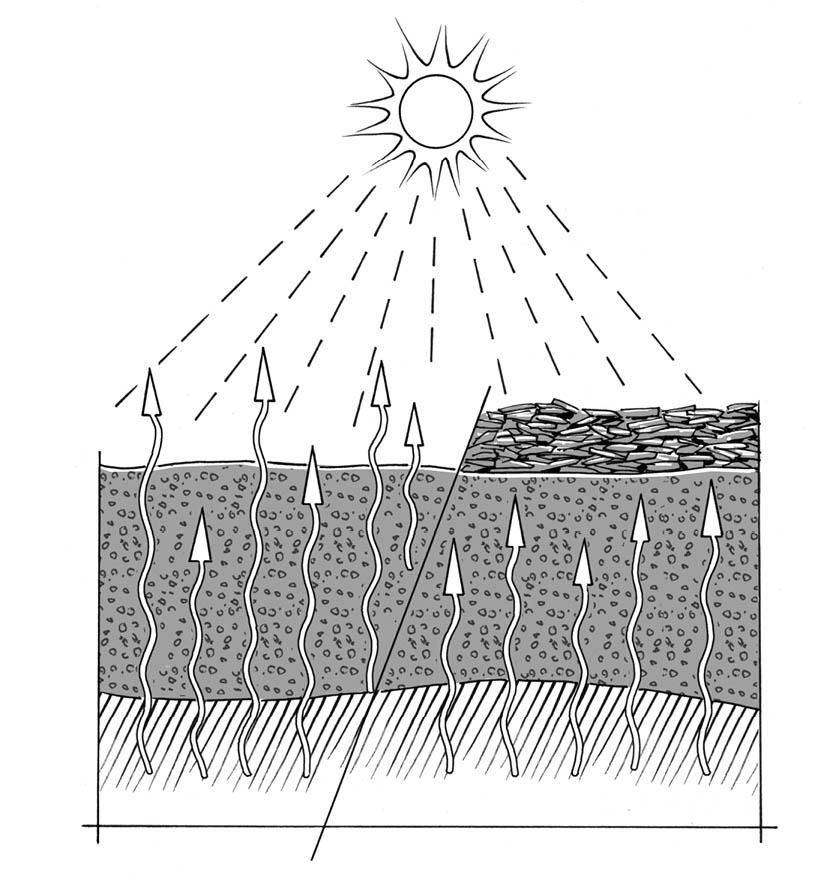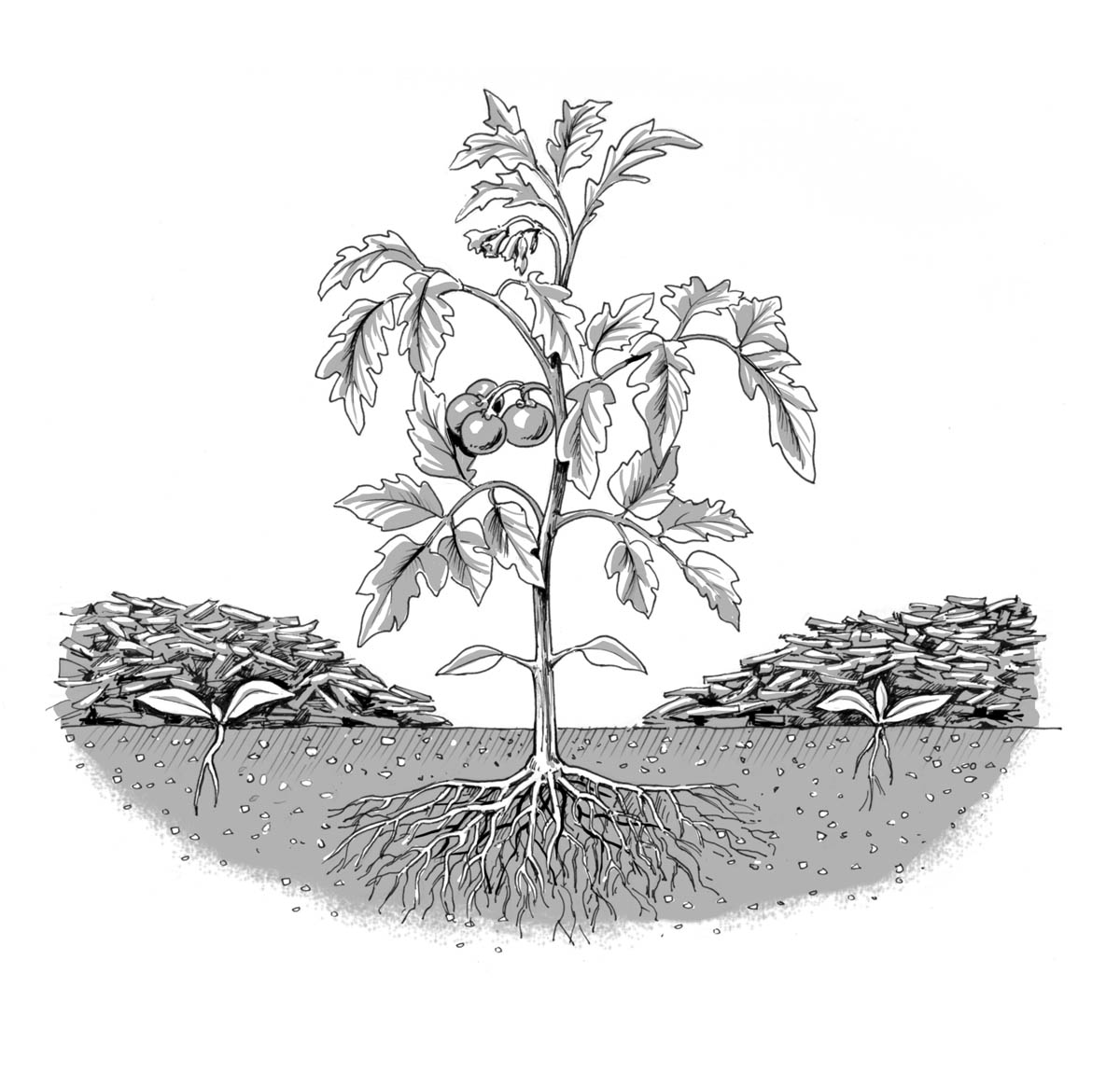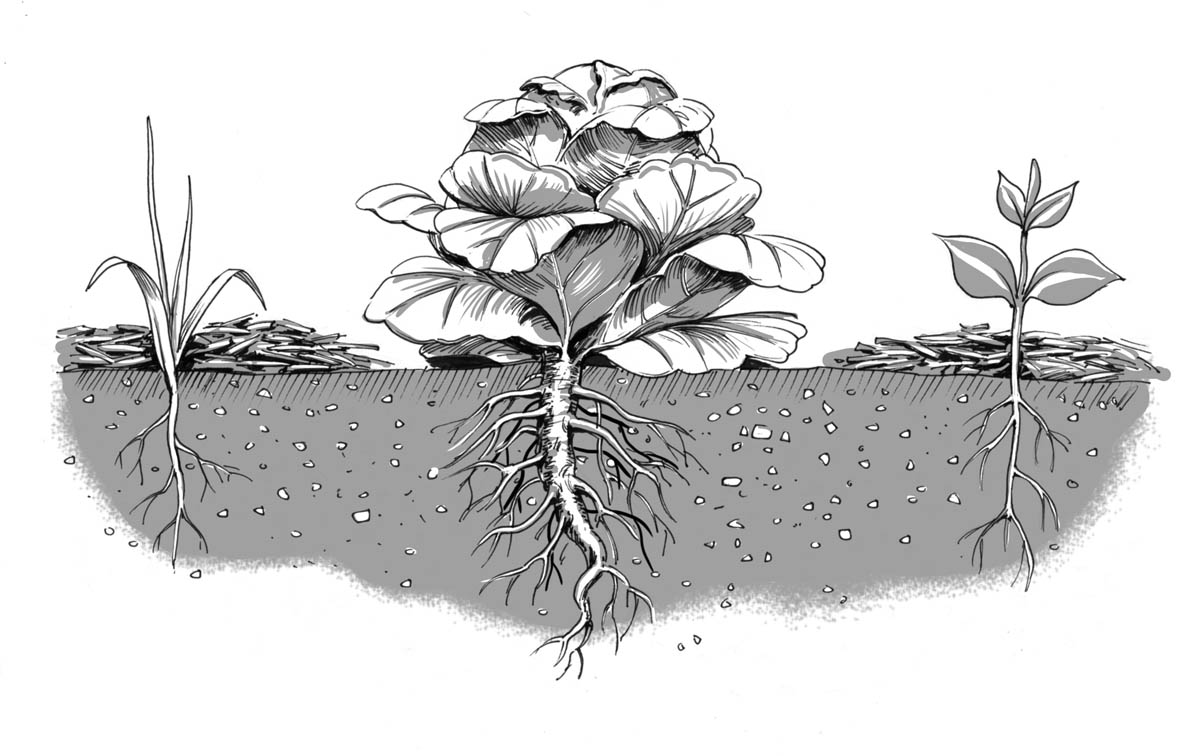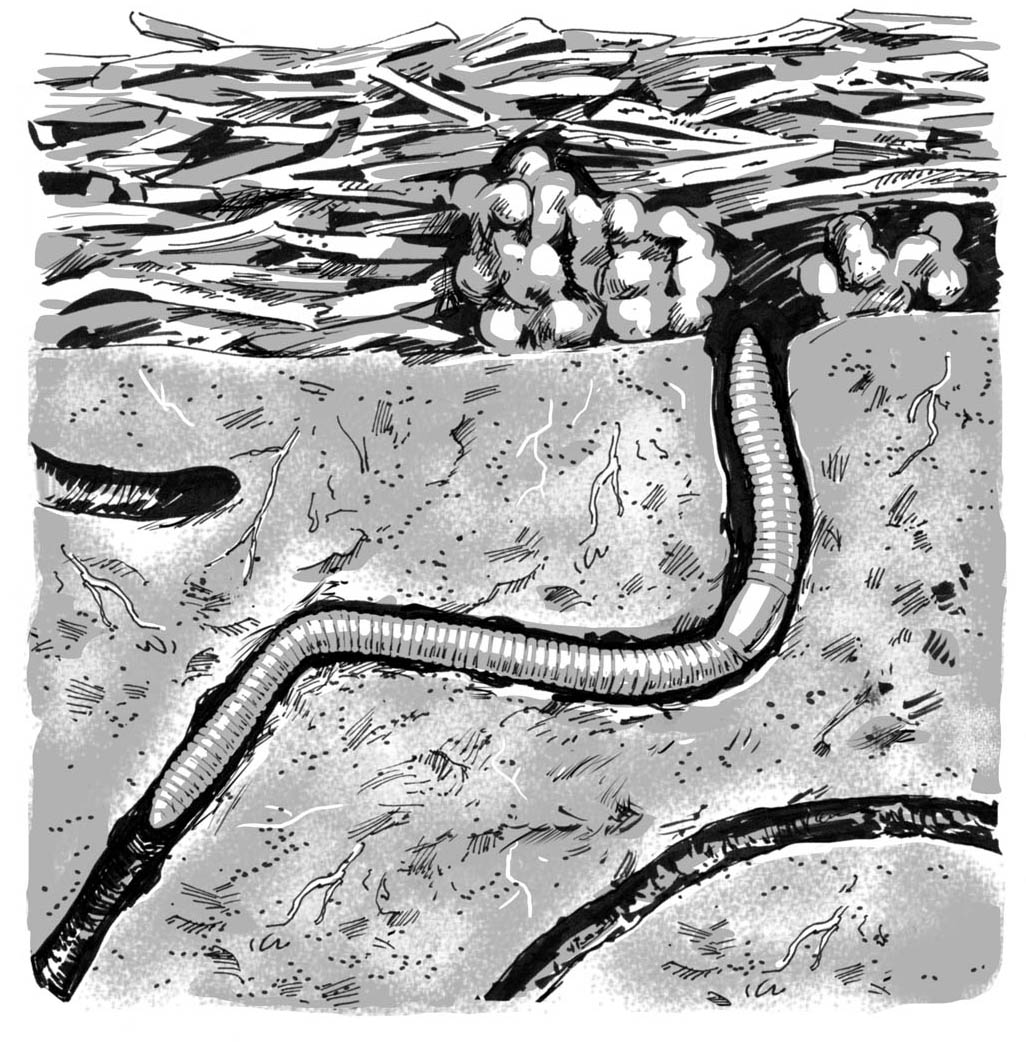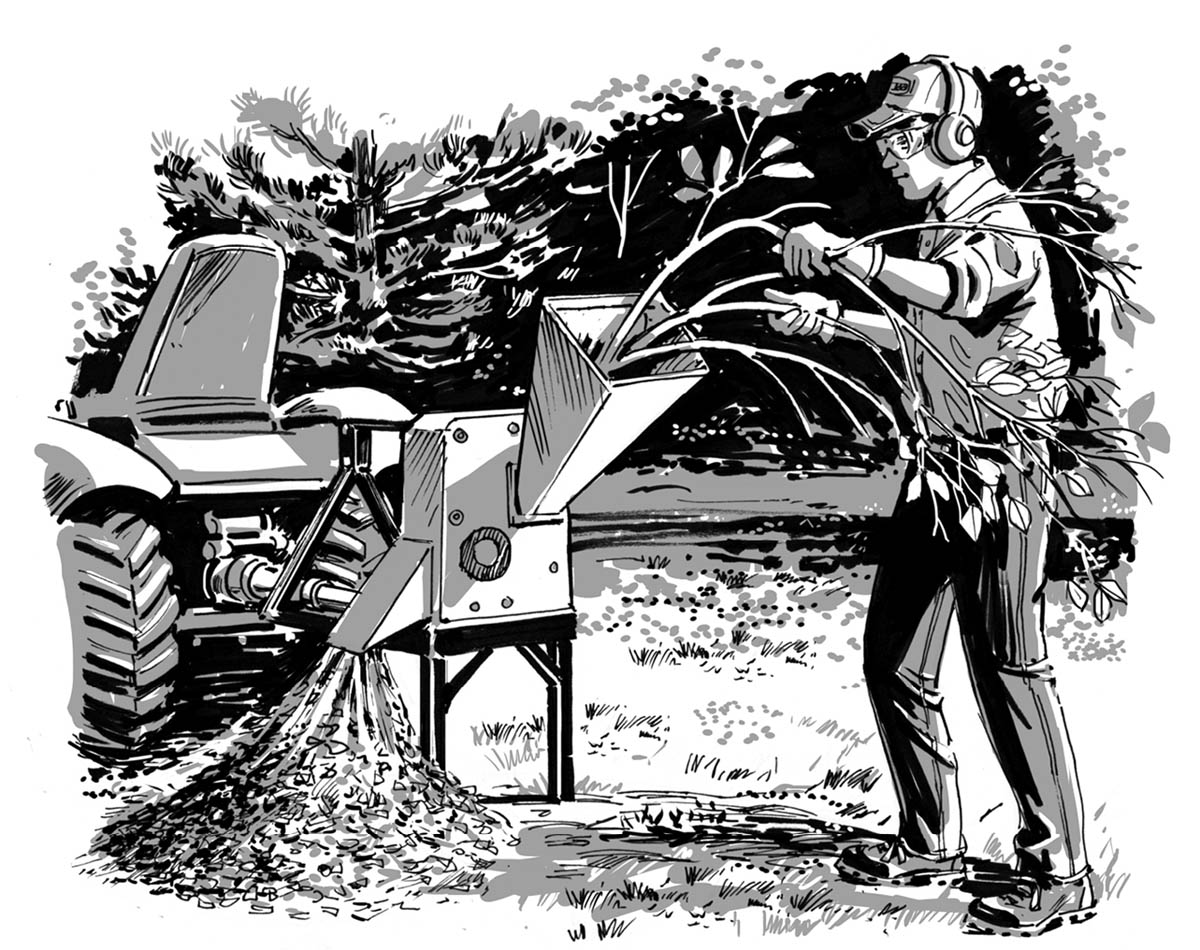Campbell Stu - How to Mulch: Save Water, Feed the Soil, and Suppress Weeds. A Storey BASICS®Title
Here you can read online Campbell Stu - How to Mulch: Save Water, Feed the Soil, and Suppress Weeds. A Storey BASICS®Title full text of the book (entire story) in english for free. Download pdf and epub, get meaning, cover and reviews about this ebook. year: 2015, publisher: Storey Publishing, LLC, genre: Children. Description of the work, (preface) as well as reviews are available. Best literature library LitArk.com created for fans of good reading and offers a wide selection of genres:
Romance novel
Science fiction
Adventure
Detective
Science
History
Home and family
Prose
Art
Politics
Computer
Non-fiction
Religion
Business
Children
Humor
Choose a favorite category and find really read worthwhile books. Enjoy immersion in the world of imagination, feel the emotions of the characters or learn something new for yourself, make an fascinating discovery.

- Book:How to Mulch: Save Water, Feed the Soil, and Suppress Weeds. A Storey BASICS®Title
- Author:
- Publisher:Storey Publishing, LLC
- Genre:
- Year:2015
- Rating:3 / 5
- Favourites:Add to favourites
- Your mark:
How to Mulch: Save Water, Feed the Soil, and Suppress Weeds. A Storey BASICS®Title: summary, description and annotation
We offer to read an annotation, description, summary or preface (depends on what the author of the book "How to Mulch: Save Water, Feed the Soil, and Suppress Weeds. A Storey BASICS®Title" wrote himself). If you haven't found the necessary information about the book — write in the comments, we will try to find it.
Mulch your way to a vibrant and healthy home landscape. Profiling a variety of techniques that include sheet mulches, feeding mulches, and living mulches, Stu Campbell and Jennifer Kujawski help you choose the best mulching strategy for your backyard, vegetable garden, or flower bed. Youll be amazed at how properly mulching can both beautify your outdoor space and ease your gardening life by retaining moisture, keeping weeds in check, protecting young plants, and boosting production.
Campbell Stu: author's other books
Who wrote How to Mulch: Save Water, Feed the Soil, and Suppress Weeds. A Storey BASICS®Title? Find out the surname, the name of the author of the book and a list of all author's works by series.

